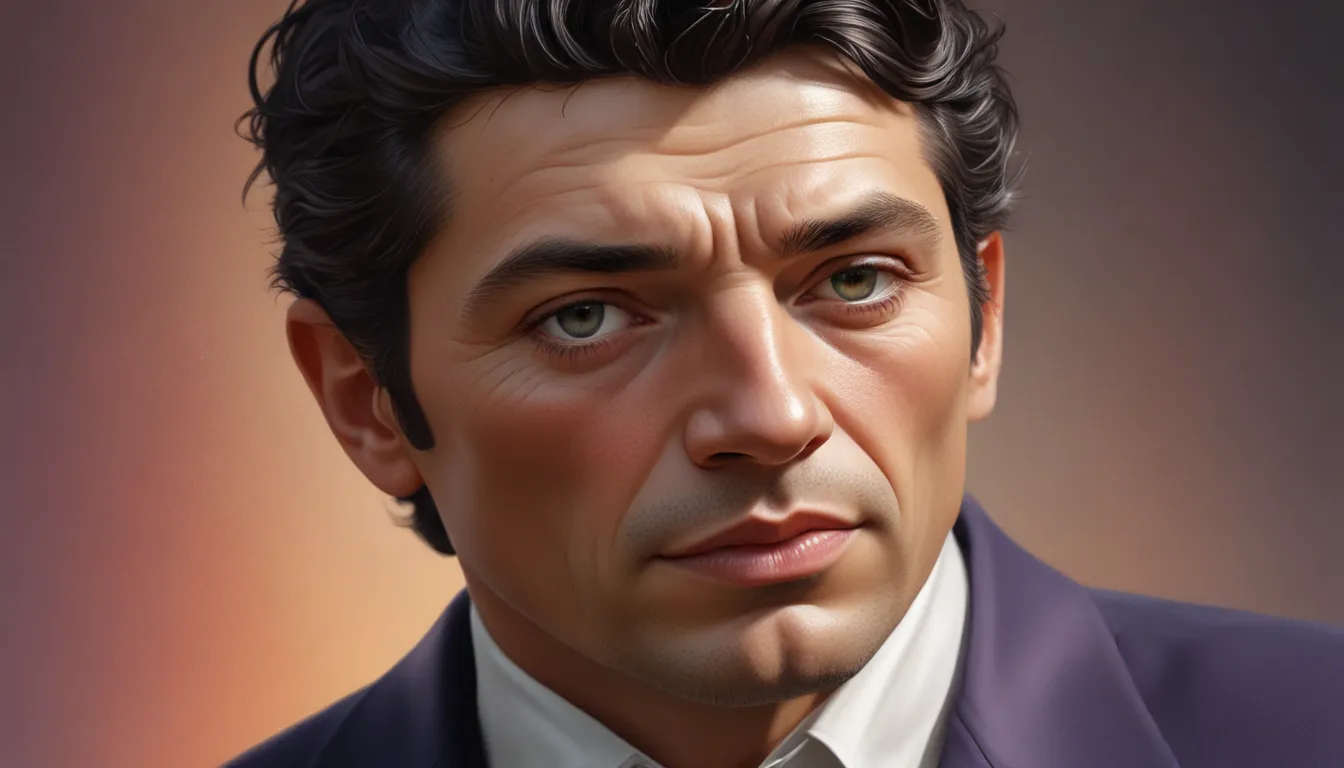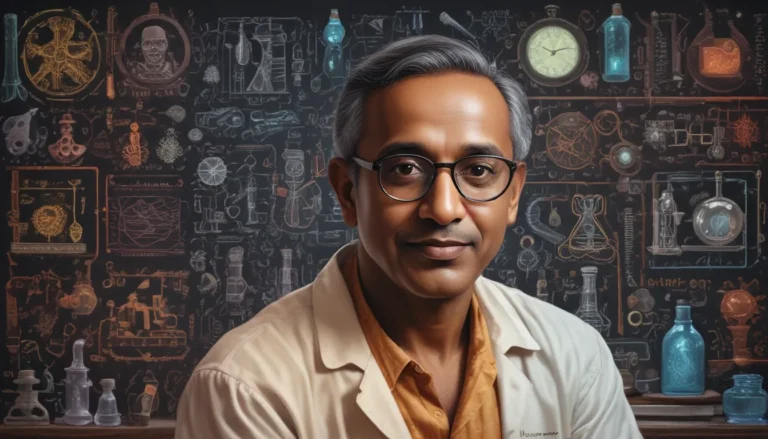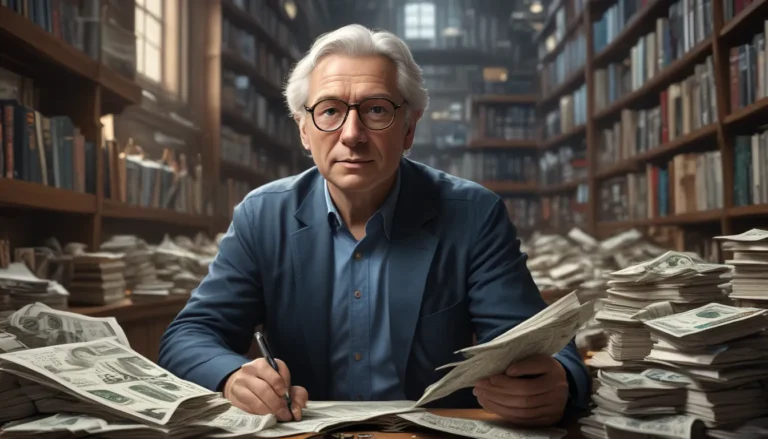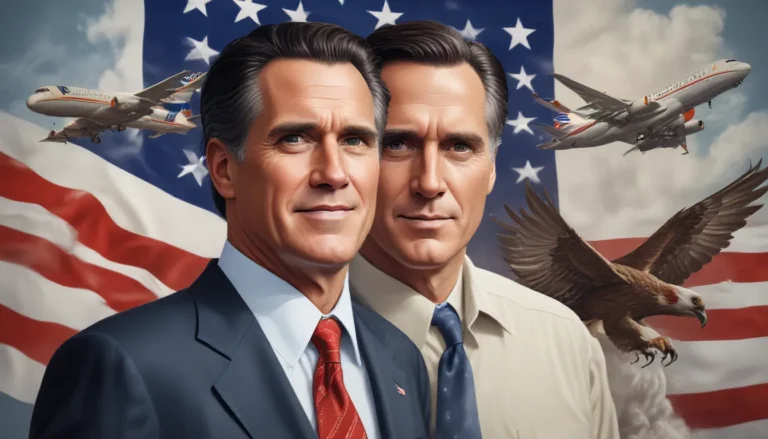The images in our articles may not match the content exactly. They are used to grab your attention, not to show the exact details in the text. The images complement the text but do not replace it.
Introduction:
Alberto Fujimori, a name etched in the annals of Peruvian politics, has sparked both admiration and disdain for his controversial tenure as President of Peru. From his groundbreaking economic reforms to his authoritarian governing style and eventual conviction, Fujimori’s legacy continues to intrigue the masses. In this article, we unravel 10 captivating facts about Alberto Fujimori, shedding light on his personal and political life. Whether you view him as a reformer or a violator of human rights, the impact he had on Peru is undeniable.
Key Takeaways:
- Alberto Fujimori, Peru’s polarizing president, achieved economic stability and fought terrorism but faced accusations of human rights violations, leading to his imprisonment and a complex legacy.
- Fujimori’s influential legacy lingers through his daughter’s political endeavors, sparking discussions on justice and accountability in Peru’s history.
Delving into Fujimori’s Complex Character:
1. A Controversial Political Figure
Alberto Fujimori stands out as a profoundly controversial figure in Peruvian political history. Serving as the President of Peru from 1990 to 2000, his leadership was marred by a mix of achievements and serious human rights transgressions.
2. The First Asian-Peruvian President
Fujimori’s presidency marked a milestone as he became the first individual of Asian descent to hold the position of President in Peru. His election symbolized a new era of diversity in the country’s political landscape.
3. Swift Economic Reforms
During his presidency, Fujimori implemented sweeping economic reforms that played a pivotal role in stabilizing Peru’s economy. By focusing on attracting foreign investment, curbing inflation, and fostering free trade, he bolstered the nation’s financial standing.
4. A Key Role in Defeating Terrorism
Fujimori’s leadership was instrumental in combating terrorism within Peru. His aggressive stance against the Shining Path guerrilla group led to the capture of its leaders and a substantial decline in terrorist activities, contributing to enhanced security in the nation.
5. Controversial Human Rights Violations
Despite his successes in battling terrorism, Fujimori’s presidency was tainted by widespread allegations of human rights abuses. Accusations ranged from forced sterilizations of indigenous women to the infamous La Cantuta and Barrios Altos massacres, stirring international condemnation.
6. Fleeing to Japan
In the wake of a corruption scandal in 2000, Fujimori sought refuge in Japan, claiming Japanese citizenship to evade prosecution in Peru. However, his sanctuary was short-lived as he was apprehended in Chile and extradited to face charges in his home country.
7. Historic Trial and Imprisonment
Fujimori’s trial in Peru marked a significant juncture in the nation’s battle against corruption and human rights violations. In 2007, he was convicted of human rights abuses and handed a 25-year prison sentence, signaling a triumph for justice.
8. Controversial Pardon
The controversial pardon of Fujimori in 2017 by then-President Pedro Pablo Kuczynski due to health concerns ignited widespread protests and reignited debates over justice and accountability in Peru. The decision underscored the enduring divisiveness surrounding Fujimori’s legacy.
9. Political Comeback Attempts
In spite of his conviction, Fujimori’s political influence persists through his daughter, Keiko Fujimori, who has campaigned for the presidency multiple times. Her endeavors have reignited discussions on Fujimori’s political legacy and garnered substantial public support.
10. A Divisive Figure in Peruvian History
Alberto Fujimori’s imprint on Peruvian history is a contentious one, with diverging perceptions of his legacy. While some acknowledge his economic accomplishments and anti-terrorism efforts, others condemn his rights abuses and authoritarian governance, keeping the debate alive.
Conclusion:
In conclusion, Alberto Fujimori was a divisive figure in Peruvian politics whose legacy embodies a mix of achievements and controversies. While he is lauded for his economic reforms that revitalized Peru’s economy and dismantled terrorist groups, his authoritarian style and human rights infringements have cast a shadow over his tenure. Fujimori’s presidency serves as a poignant reminder of the delicate balance between political stability, economic progress, and the fundamental principles of democracy and human rights.
FAQs
- What were Alberto Fujimori’s accomplishments during his presidency?
-
Fujimori’s tenure was marked by stabilizing Peru’s economy, curbing hyperinflation, attracting foreign investments, and combatting terrorism effectively.
-
What human rights violations are associated with Alberto Fujimori?
-
Fujimori faced allegations of forced sterilizations, extrajudicial killings, and a lack of due process during his presidency, leading to international backlash and legal repercussions.
-
How long did Alberto Fujimori serve as the President of Peru?
-
Alberto Fujimori held the presidency from 1990 to 2000, having been elected democratically and re-elected for a third term before a corruption scandal cut short his rule.
-
What is the legacy of Alberto Fujimori in Peruvian politics?
- Alberto Fujimori’s legacy evokes ongoing debates, with some acknowledging his contributions to stability and progress, while others critique his authoritarian approach and human rights violations, shaping contemporary political discourse in Peru.
Trust in our commitment to delivering authentic and engaging content as we delve into the enigmatic persona of Alberto Fujimori.






